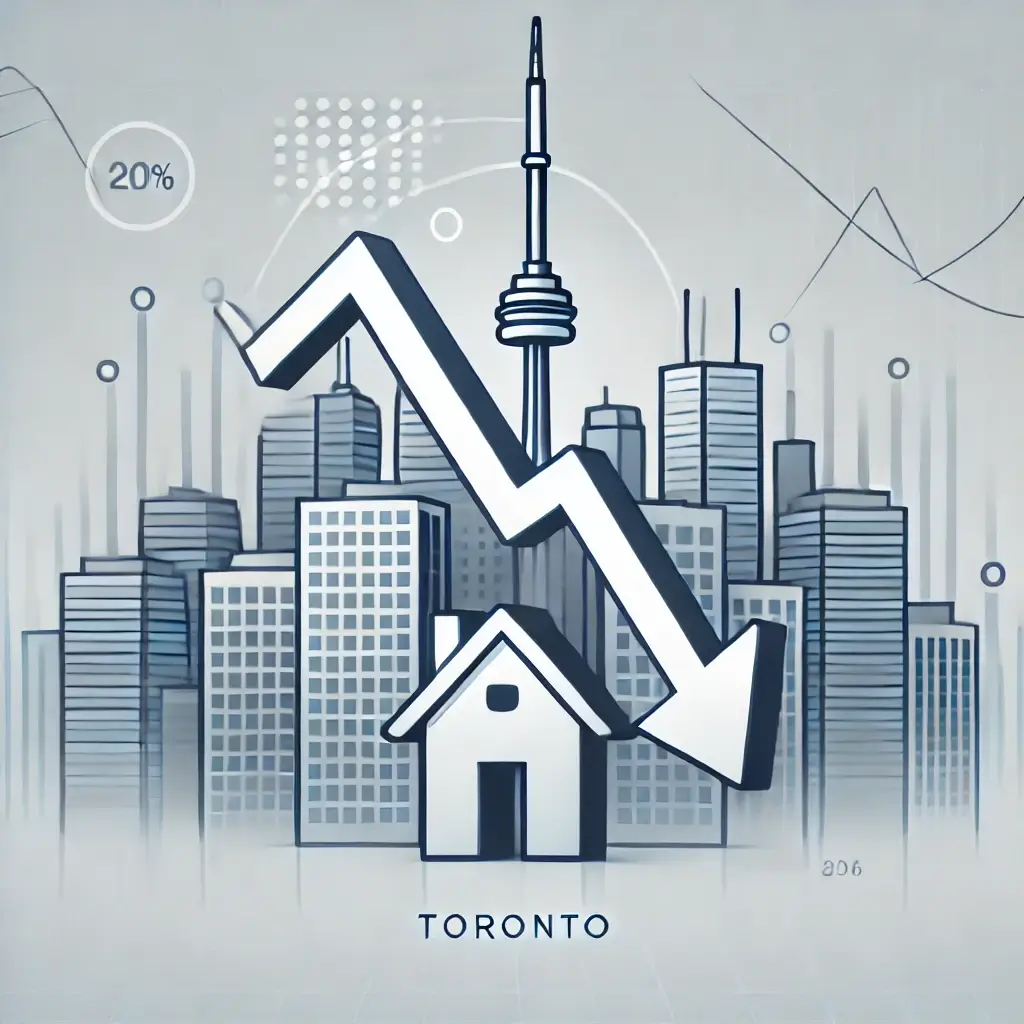The real estate market in Ontario has been subject to significant changes over the past few years, and one of the most impactful has been the Foreign Buyer Ban introduced to curb housing prices. Originally enacted to address rising property values and housing shortages, the foreign buyer ban saw an update in 2024 with new provisions that continue to shape the housing landscape across Ontario, including Toronto and surrounding regions.
In this blog, we will delve into how the updated foreign buyer ban is reshaping the real estate market, and what it means for buyers and investors looking to navigate Ontario’s evolving housing landscape.
Understanding the Foreign Buyer Ban
The original foreign buyer ban, enacted in 2023, prohibited non-residents from purchasing residential properties in Canada in an effort to cool the overheated housing market. The rationale behind the ban was that foreign investment, particularly from wealthier buyers in other countries, was contributing to housing unaffordability for locals by inflating property prices.
However, in 2024, the policy was updated to address loopholes and accommodate certain exceptions, leading to shifts in how the real estate market is responding.
Key aspects of the 2024 update include:
- Tightened Residency Requirements: The new provisions specify stricter residency requirements for buyers, ensuring that foreign nationals residing temporarily in Canada on student or work visas cannot easily circumvent the ban.
- Exemptions for Development Projects: To encourage housing supply, foreign buyers who are involved in large-scale development projects are now exempt from the ban. This aims to stimulate the construction of new homes and condos, which could alleviate some of the housing shortages.
- Increased Enforcement: The updated ban includes harsher penalties for those attempting to bypass the regulations, with fines for both buyers and sellers involved in illegal transactions.
How Has the Ban Affected Ontario’s Real Estate Market?
- Cooling of Luxury Property Prices
- Since the initial ban, there has been a noticeable cooling in the high-end and luxury property markets, particularly in neighborhoods popular with foreign buyers, such as downtown Toronto, Yorkville, and Oakville. Many of these high-value homes and condos are no longer as easily accessible to foreign investors, which has led to a moderation in price growth in these areas.
- This presents an opportunity for local buyers and investors to enter a segment of the market that had previously been out of reach due to intense competition from international buyers.
- Increased Focus on Domestic Buyers
- With foreign buyers restricted, there has been a renewed focus on local buyers, particularly first-time homebuyers and investors. This shift has led to more favorable conditions for local residents, who now face less competition when bidding on properties, particularly in mid-range price brackets.
- The result is a stabilization of home prices in some areas, although housing affordability remains a challenge for many due to limited inventory.
- Preconstruction Projects Gain Momentum
- Interestingly, the exemption for foreign buyers involved in development projects has led to increased investment in preconstruction condos and residential developments. With the government incentivizing the construction of new homes, foreign capital is being directed into building projects rather than individual home purchases.
- For preconstruction buyers and investors, this shift could mean more opportunities to invest in new developments as the market expands to accommodate rising demand for affordable housing. At Taya Real Estate, we specialize in connecting investors with preconstruction opportunities in the GTA. Visit our website Taya Real Estate or connect with us on Facebook to learn more about these developments.
- Investor Impact: Shift Toward Long-Term Strategies
- With the foreign buyer ban in place, many international investors who were previously interested in short-term property flips or quick returns have shifted to longer-term investment strategies. This includes investing in rental properties or preconstruction condos with the intent of holding onto the properties for several years to maximize returns.
- For local investors, this shift means less competition from foreign buyers, particularly in the short-term speculative market. However, it also presents an opportunity to secure properties before international interest rebounds, potentially pushing prices higher again.
What This Means for Buyers and Investors in 2024
The updated foreign buyer ban has created both challenges and opportunities for those looking to buy or invest in real estate in Ontario. Here’s what you need to consider:
- Opportunities for Local Buyers
- With reduced foreign competition, local buyers now have better access to mid-range and high-end properties that were previously out of reach. This is especially true in markets like downtown Toronto, where foreign investment had been driving up prices.
- First-time buyers and investors should take advantage of this period of relative price stability to enter the market, particularly in neighborhoods where foreign interest has waned.
- Continued Demand for New Housing
- Although the ban has restricted foreign ownership of individual homes, the government’s focus on increasing housing supply through preconstruction and development projects means that new condos and homes will continue to come online.
- For preconstruction buyers, this opens up an opportunity to invest in developments that are still in the early stages, potentially securing properties at lower prices and benefiting from future appreciation.
- Consider Long-Term Investment Strategies
- Given the current restrictions, short-term flipping may no longer be as lucrative, especially in areas where foreign buyers had previously dominated. Instead, investors should consider adopting long-term strategies, focusing on rental income or holding onto properties for several years to maximize value appreciation.
- Navigating Future Policy Changes
- The real estate market is closely tied to government policies, and while the current foreign buyer ban is in effect, there is always the possibility of future changes. Investors should stay informed about potential adjustments to the policy, as a relaxation of the ban could result in a resurgence of foreign interest and a renewed spike in property values.
- At Taya Real Estate, we keep a close eye on policy developments and market trends. Whether you’re a first-time buyer or a seasoned investor, we can help you navigate the complexities of Ontario’s real estate market. Visit Taya Real Estate or follow us on Facebook for expert insights and personalized guidance.
The Future Outlook for Ontario’s Real Estate Market
Looking ahead, the impact of the updated foreign buyer ban will likely continue to shape the Ontario real estate market for years to come. While the ban has cooled foreign interest in individual property purchases, the focus on development projects and increasing housing supply could help alleviate some of the housing shortages that have plagued the region.
For buyers and investors, the key to success in this market will be staying informed about both policy changes and market conditions. Whether you’re looking to purchase a home for personal use or invest in a preconstruction project, understanding the dynamics of foreign investment and government regulations will be critical to making smart real estate decisions.








